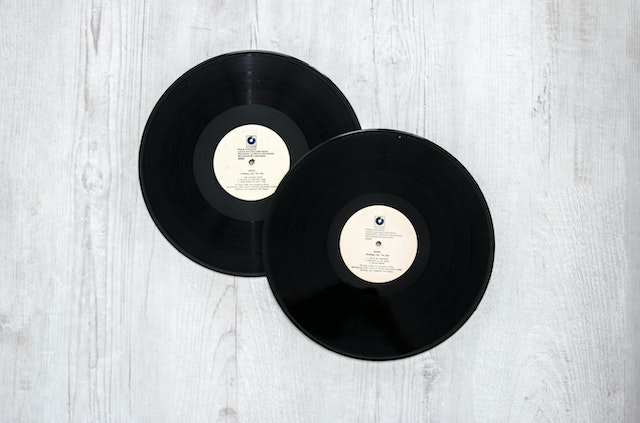Comments
- No comments found

Data science has emerged as a powerful conductor, orchestrating new ways the music industry can create, distribute, and connect with audiences.
The use of data science in music is revolutionary as shown by the lates advances of Spotify and Apple Music to further enhance their customer base. Data science, a transformative force in various sectors, has found a vibrant stage in the world of music. Data science is not just improving the music industry but also fine-tuning its strategies for success.
Behind every chart-topping hit and every underground sensation lies a symphony of data. The music industry generates a vast amount of data daily—streams, downloads, social media interactions, and more. Data science in music steps in as the conductor, transforming this data into valuable insights.

Streaming platforms like Spotify and Apple Music have harnessed data science to create personalized playlists and recommendations. By analyzing listening habits, genre preferences, and user behaviors, these platforms curate playlists that resonate with individual listeners, enhancing the music discovery experience.
Artist and Repertoire (A&R) professionals traditionally relied on gut instinct to discover talent. Today, data science offers a data-driven approach to identify emerging artists and predict potential hits. By analyzing social media engagement, streaming numbers, and listener demographics, A&R teams make more informed decisions.
Data-driven marketing campaigns are hitting the right notes. With the help of data analytics, record labels and artists can target their marketing efforts more precisely. They can identify their core audience, tailor content to their preferences, and optimize advertising spending.
Predictive analytics has a pivotal role in forecasting music trends and chart performance. Data models analyze historical data to predict future hits, enabling labels and artists to fine-tune their promotional strategies and make data-backed decisions.

Data science has bolstered copyright protection efforts. AI-driven tools monitor music distribution channels for potential copyright infringements, helping artists and labels safeguard their intellectual property.
Concert planning benefits from data-driven insights. Data analytics helps in selecting ideal concert locations, setting ticket prices, and predicting attendance, ensuring successful live events and maximizing revenue.
The music industry is increasingly global, and data science transcends borders. It provides insights into international markets, helping artists and labels tailor their music and marketing strategies to diverse audiences worldwide. The effective use of data science enables artists to create unique sounds.
While data science in music offers immense potential, it also raises ethical questions about data privacy and security. Balancing innovation with responsible data usage is a pressing concern.

As data science continues to evolve, the future of the music industry promises more innovation and transformation. Artists, labels, and streaming platforms will increasingly rely on data to drive creativity, connect with audiences, and compose success stories.
In the music industry's evolving composition, data science plays a leading role. It harmonizes creativity with insights, enabling artists and industry professionals to create music that resonates with audiences worldwide. As the industry embraces the data-driven overture, it strikes a chord that resonates not just with music lovers but also with the bottom line.
Leave your comments
Post comment as a guest